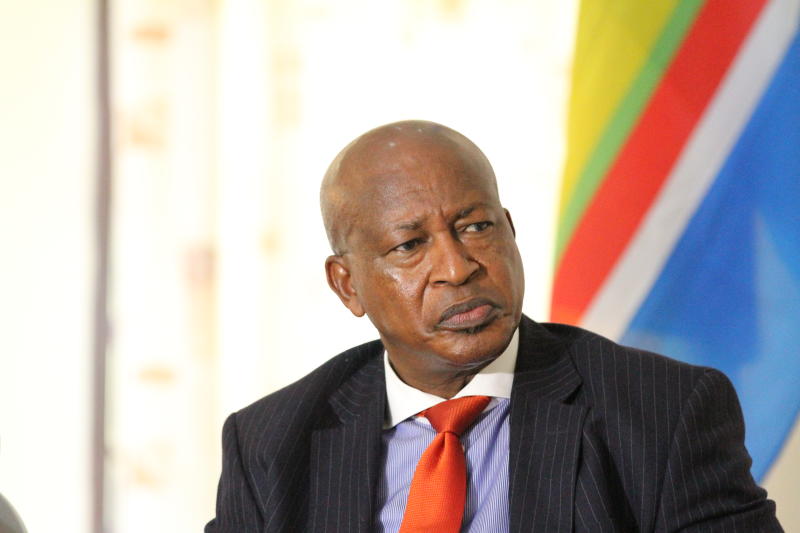×
The Standard e-Paper
Fearless, Trusted News

A row has erupted among Judicial Service Commission (JSC) members who oversaw the recruitment of judges in the middle of a standoff between the President and the Judiciary.